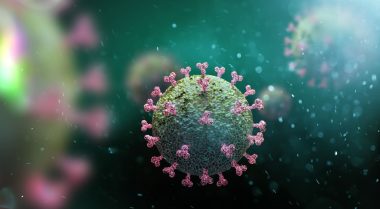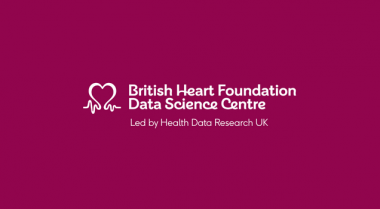The BDCD Driver Programme is designed to address three core challenges that focus on deploying whole population, national linked health data:
- To better predict development of cancer and cardiovascular disease (CVD) and to stratify risk for better early detection, early diagnosis and prevention.
- To improve understanding of the inter-relationship between these complex diseases to ensure that data driven insights fully inform strategies for the prevention, early diagnosis and management of both treatment sequelae and long term risk.
- To examine and better understand the impact of inequalities to influence and mitigate the negative impacts on incidence and outcomes associated with age, gender, ethnicity, geography and deprivation.
The programme is led by Professor Cathie Sudlow (HDR UK) and Professor Mark Lawler (Queen’s University Belfast, HDR UK Northern Ireland), with a wider leadership team from across the UK.



